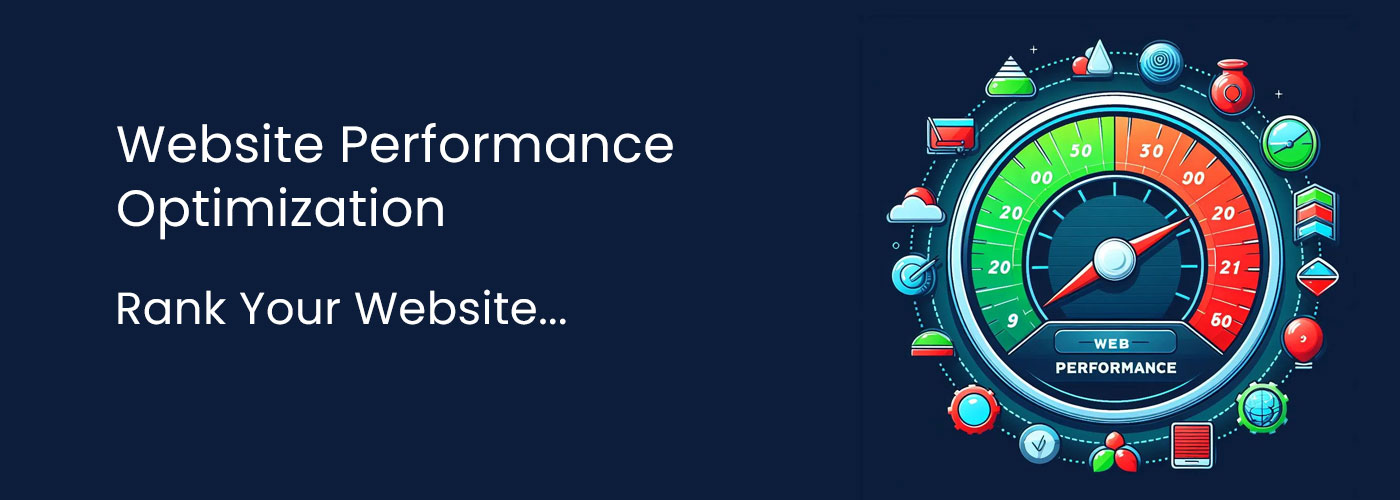Unveiling the Secrets of Ghosted Domains
Explore the intriguing world of expired domains and online opportunities.
Speed Demons: Racing Towards Perfect Web Performance
Rev up your website speed! Discover expert tips and tricks to achieve lightning-fast web performance and leave the competition in the dust.
Top 10 Techniques to Boost Your Website's Loading Speed
In today's digital age, website loading speed is crucial for user experience and search engine optimization (SEO). Here are the top 10 techniques you can implement to enhance your website's loading speed:
- Optimize Images: Use formats like JPEG for photographs and PNG for graphics. Ensure images are compressed to reduce file size without sacrificing quality.
- Utilize Browser Caching: Allow browsers to store certain elements of your website to speed up load times for returning visitors.
- Minify CSS and JavaScript: Reduce unnecessary characters in your code to improve performance and decrease loading times.
- Enable Compression: Use Gzip compression to shrink the size of your CSS, HTML, and JavaScript files.
- Leverage a Content Delivery Network (CDN): Distribute your website’s content across multiple servers worldwide, making it faster for users to access your site.
Continuing on, here are five more effective techniques:
- Reduce Redirects: Every redirect creates additional HTTP requests, slowing down your site; minimize them wherever possible.
- Implement Lazy Loading: This technique loads images and videos only when they are about to enter the viewport, improving initial page load speed.
- Choose a Reliable Hosting Provider: Investing in a quality web hosting service can significantly impact your site’s loading performance.
- Use a Simplified Theme: Opt for a clean, lightweight theme that doesn't overload on unnecessary features and scripts.
- Regularly Audit Your Website: Consistently check for slow-loading elements and improve them to maintain optimal performance.

Understanding Web Performance: Key Metrics Every Developer Should Know
Understanding web performance is crucial for developers who aim to create fast and efficient websites. Key metrics serve as indicators of how well a website performs in terms of speed and user experience. Among these metrics, Page Load Time is often considered the most important. It measures the time taken for a webpage to fully render on the user's screen. Developers should also pay attention to First Contentful Paint (FCP), which indicates when the first piece of content is displayed, and Time to Interactive (TTI), highlighting when a user can fully interact with the page without delays.
Another important metric is Speed Index, which gauges how quickly the contents of a page are visually displayed during its loading process. Additionally, Time to First Byte (TTFB) measures the responsiveness of a web server, reflecting the time it takes to receive the first byte of response after a request is made. To ensure optimal performance, developers should regularly monitor these metrics and utilize tools that provide analytical insights. Keeping track of these key performance indicators will help enhance overall web performance and boost user satisfaction.
Is Your Website Slow? Common Mistakes That Hinder Speed and How to Fix Them
Is your website slow? A sluggish website can significantly impact user experience and increase bounce rates, ultimately affecting your SEO rankings. Common mistakes that hinder speed often include using unoptimized images, unnecessary plugins, and excessive HTTP requests. For example, large image files can take longer to load, while too many plugins can create conflicts and slow down performance. To address these issues, you can utilize tools like image compressors and audit your plugins regularly to ensure only the essential ones are active.
Another frequent culprit of a slow website is a lack of caching. Implementing caching strategies can drastically reduce load times by storing a static version of your content. Additionally, ensure that your web hosting is adequate for your site's needs; shared hosting may not be suitable for sites with high traffic. Consider upgrading to a dedicated server or a VPS (Virtual Private Server) if your website has outgrown its current setup. By following these steps, you can improve your site's speed and enhance overall user satisfaction.